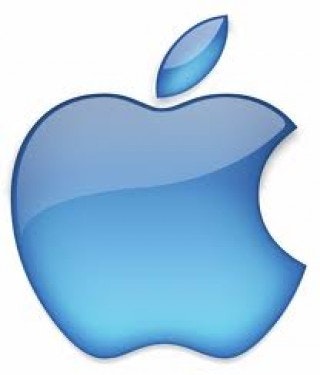The Apple Inc. (NASDAQ:AAPL) iWallet concept is one that excites many people. These people are looking for a way to better use their smartphone as a means of completing financing transactions.
Today, Cupertino was awarded a patent that will go a long way in helping with parental control.
For a better idea of what the patent entails, we don’t have to look any further than the abstract:
“Various techniques are provided for establishing financial transaction rules to control one or more subsidiary financial accounts. In one embodiment, a financial account management application stored on a processor-based device may provide an interface for defining financial transaction rules to be applied to a subsidiary account. The financial transaction rules may be based upon transaction amounts, aggregate spending amounts over a period, merchant categories, specific merchants, geographic locations, or the like. The device may update the financial transaction rules associated with a subsidiary account by communicating the rules to an appropriate financial server. Accordingly, transactions made using the subsidiary account by a subsidiary account holder may be evaluated against the defined rules, wherein an appropriate control action is carried out if a financial transaction rule is violated.”
Not only can this be used within a parent-child relationship, but it can also come in handy with employer-employee relationships.

Apple Inc. (NASDAQ:AAPL) hopes to become the leader in this space in the near future, and will be able to do so with the right technology on its side.
For more information on what this patent entails, here is another excerpt:
“Many payment instruments currently exist and may be used to carry out a financial transaction between two or more parties. For example, payments may be made using cash, credit cards, debit cards, checks, electronic checks, and so forth. In recent years, the growth of electronic commerce may be at least partially attributed to the popularity of credit cards, debit cards, and other non-currency based payment instruments. Thus, while merchants generally continue to accept cash and currency as a method of payment for goods and/or services, most merchants now also accept payments made using credit cards, debit cards, stored-value (e.g., pre-paid) cards, checks, and electronic checks. In particular, online merchants (e.g., those operating “virtual stores” on the Internet or World Wide Web) may rely heavily on the use of credit and debit cards.”
If you are interested in a visual depiction of how this Apple Inc. (NASDAQ:AAPL) works, visit the following page:




